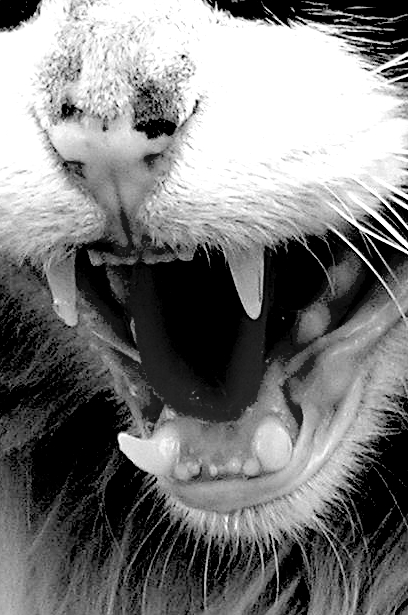Cat bounty ruffles feathers
 A central Queensland council is being criticised for its $10 bounty on feral cats.
A central Queensland council is being criticised for its $10 bounty on feral cats.
The Banana Shire Council has placed a bounty on feral cats - $10 for adults and $5 for kittens – in an effort to reduce the numbers of the aggressive pest species.
Recent studies have shown that feral cats kill 316 million birds in Australia every year, with more than 99 per cent of these casualties being native birds.
The council has allocated $25,000 in its land protection budget to cover the cost of the bounty, and says it will keep the scheme going until the funding is exhausted.
Banana Shire Mayor Nev Ferrier said the council did not have specific numbers for feral cats within the council area.
“[But] they're very determined,” Cr Ferrier said.
While bounties on feral animals are fairly common in Australia, including for foxes, rabbits and feral dogs, Banana Shire has been hit with waves of criticism for putting cats on the wanted poster.
The bounty requires residents to bring in the scalps of dead cats to collect their money, leading many to worry about the animals being skinned.
“We've had a fair few ridiculous letters to us, emails, abusive phone calls,” Cr Ferrier said.
Animal activist group PETA has posted a billboard near council offices in Biloela warning local residents to lock up their pet cats.
PETA regional spokesperson Laura Weyman-Jones said shooting or trapping feral animals causes them to suffer, and does not reduce their numbers in the long term.
She conceded that both feral and domestic cats killing wildlife is a huge problem in Australia, but said feral cats should be left alone until a non-invasive way was found to sterilise them.
“Research tells us that lethal control doesn’t provide a long-term solution to the issue of invasive animal populations,” she said.
“In fact, it can backfire by causing a spike in the food supply and prompt accelerated breeding.
“The only real solution to Australia’s feral cat problem is to embark on a widespread sterilsation campaign, where funds are directed towards immunocontraceptive solutions that will humanely and effectively decrease homeless cat populations.
“Not only is a cat scalp bounty cruel, it likely won’t have the desired long-term effect of lowering the population. Instead, we’ll end up in an endless and expensive killing cycle.”
Director of council services John McDougall partly agreed with PETA.
“I actually applaud Peta for their billboard,” he said.
“It’s really around responsible pet ownership.
“I certainly have no problem with people who want to look at sterilising feral cats, but the problem is that it is almost impossible for a feral cat to turn into a domestic type cat. These cats are extremely aggressive; they’ve got an instinct in them now to want to hunt.
“The answer is more of a collective approach – combining sterilisation with the culling program.
“Even if we did sterilise all feral cats in our region, they’d still kill hundreds, if not thousands, of wildlife before the end of their life.”







 Print
Print